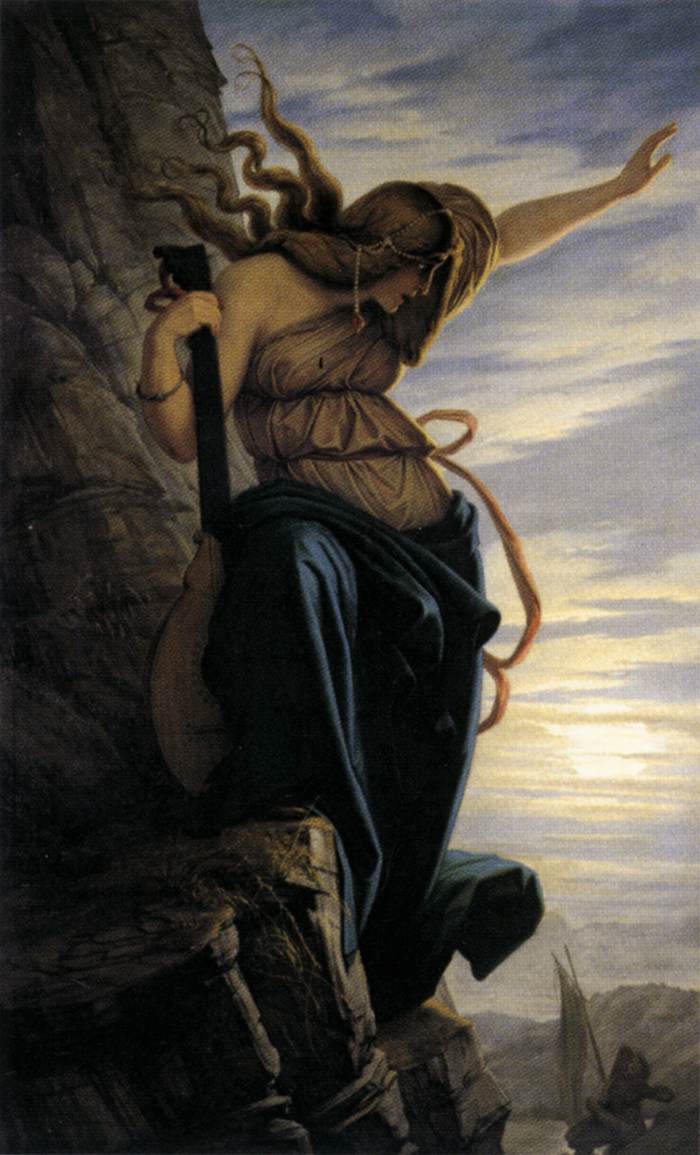Zemlinsky, Waldgespräch
“It is already late, already cold,” says the knight to a lady riding alone through the woods. He will save her and guide her home. She is broken-hearted and riding after the sound of the hunting horn. “Flee,” she tells the knight. “You do not know who I am.” Too late does he recognize her. For the knight, it is already late, already cold. He will never again leave the forest.
This is the gist of the story behind the poem Waldgespräch by Joseph von Eichendorff (1788-1857). Eichendorff was a leading voice of 19th-century Romanticism. His novella Aus dem Leben eines Taugenichts (Memoirs of a Good-for-Nothing) drove him to fame in 1826. Numerous composers would set his poems, among them Mendelssohn, Schumann, Brahms, Reger, Mahler, and Strauss. (I strongly recommend Hugo Wolf’s collection of Eichendorff Lieder.)

The lady in Waldgespräch is the legendary character known as Lorelei, a name given to a rocky cliff at a steep bend in the Rhine River that has been personified as a lady luring sailors to their deaths. You can hardly spend 10 minutes studying German Romanticism without encountering a mention of Die Lorelei.
As you might guess, when sailing along the Rhine, there is much attention given to this tale as your ship negotiates this bend.
Alexander Zemlinsky (1871-1942) sets the poem Waldgespräch in the lush Romantic style popular in late 19th-century Vienna. In this 1895 work, you can hear influences of his teacher Anton Bruckner and Zemlinsky’s promoters Johannes Brahms and Gustav Mahler. Although he would be influenced by later, more radical 20th-century styles, he continued to write predominantly tonal music.
Raised in a Jewish family, Zemlinsky converted to Protestantism in 1899. He fell in love with his student Alma Schindler in 1900, but she chose to marry Mahler instead. He held conducting posts in Vienna, Prague, and Berlin until 1933 and Hitler’s rise to power. His career was decimated, and in 1938 he emigrated to the U.S. Unlike many refugees fleeing the Nazis, he failed to find success here and was largely forgotten.
Beginning in the 1970s, a revival of interest in Zemlinsky’s works began to occur. You can explore the composer and his works at the site of the Zemlinsky Foundation.
A complete searchable list of the Friday Performance Picks is now available here.



